Pingtan is a kind of oral performance art in China. It was originated from the late Ming dynasty (明朝), which is over 400 years ago.
The birth place of Pingtan is Suzhou city, hence Pingtan is performed in Suzhou local dialect. The form of this kind of performance is quite simple - just two people sitting on two sides of a table facing the audience. One person sings as the main performer and the other play a musical instrument (often Pipa 琵琶 or Sanxian 三弦). The roles change between them when the song change.

When in Suzhou, I watched 3 different Pingtan performance, interviewed one Pingtan performer and visited its museum.
Below is cited from my video:
"The Pingtan house we are going is called Pi Pa Yu (meaning the language of Pipa). It’s where Wu Liang Ying performs regularly. She is now quite famous as one of the performers who recorded the popular song in the movie,
After a few rounds of traditional Pingtan performance, Wu Liang Ying showed up but with a pop song that was recomposed by herself with the local dialect. Do you like this innovation? Or do you prefer the traditional style?
After my first encounter with Ping Tan performance, I’ve become much more curious about this kind of performance art. So I came to the museum of Suzhou Pingtan in Ping Jiang Road.

Along the Ping Jiang road, there are quite a few Ping Tan houses. They are not as famous as the one we visited before, but how about their performance? Would it be different or even better?
This Pingtan house is called Yang Xin Zhai, meaning Nourishing the Heart. A very experienced Ping Tan artist is performing here. Let’s call him Mr Xu. During the break time, I interviewed Mr. Xu for some questions I have.
The first one is about the composer of the Ping Tan plays, especially the lyrics. Unfortunately, unlike Kunqu, most of the composers of Ping Tan plays are not famous or remembered. Because as a folk art, Ping Tan thrives on the singing techniques of the performers. And in ancient China, most likely the composers are not in the scholar class, hence being easily overlooked.
The second one is about the instruments they use. Mr Xu told me that San Xian and Piapa are chosen as the accompanying instruments because they are compact and easy to play when singing.

When thinking about it, Ping Tan is basically pop music in ancient China with huge crowds of audience. It’s not as elegant as Kunqu, but still has developed beautiful lyrics and singing techniques with faster beats. When I watch Pingtan, I can easily relax and be in that moment. In this aspect, Ping Tan is teaching us how to slow down and live in this fast-paced modern life."



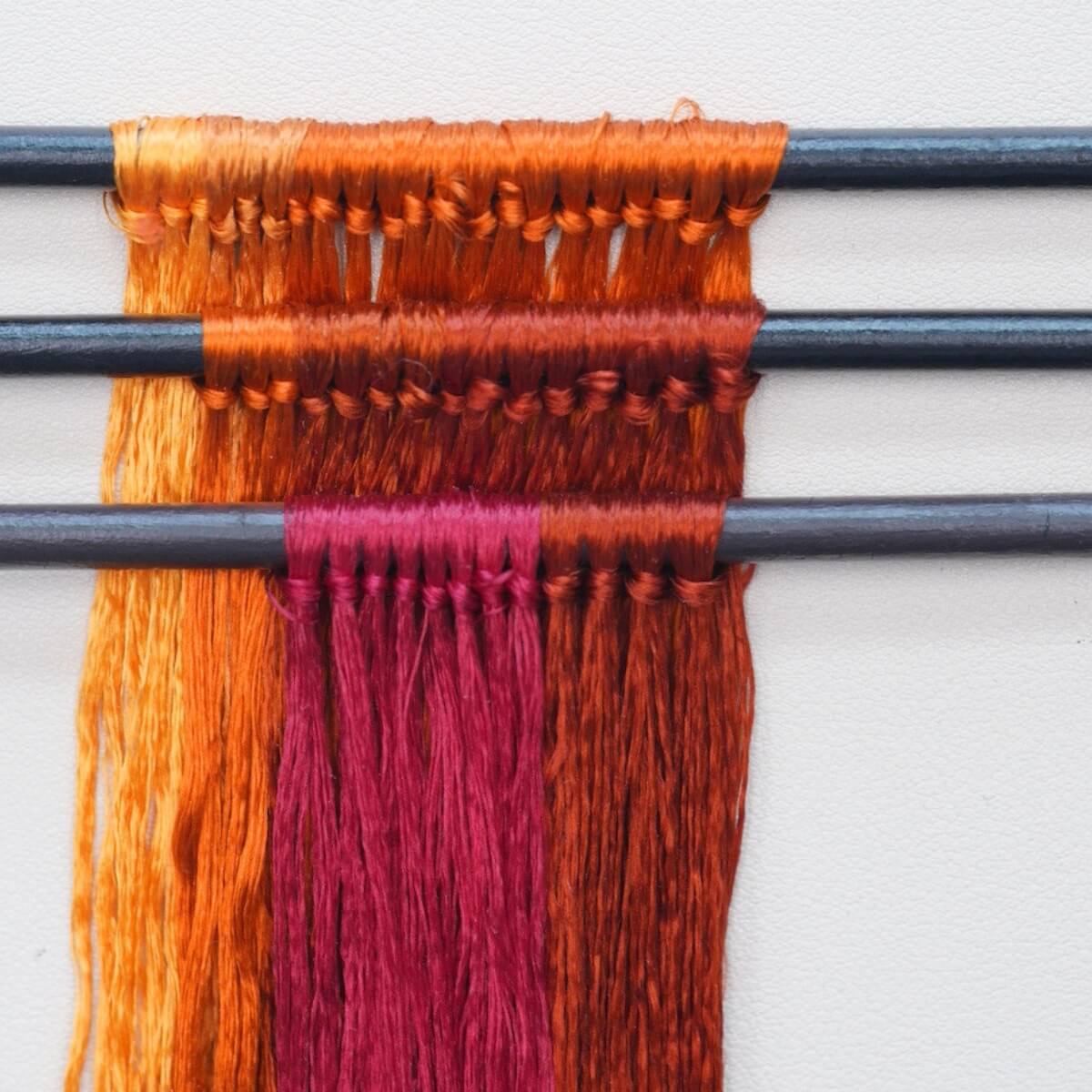
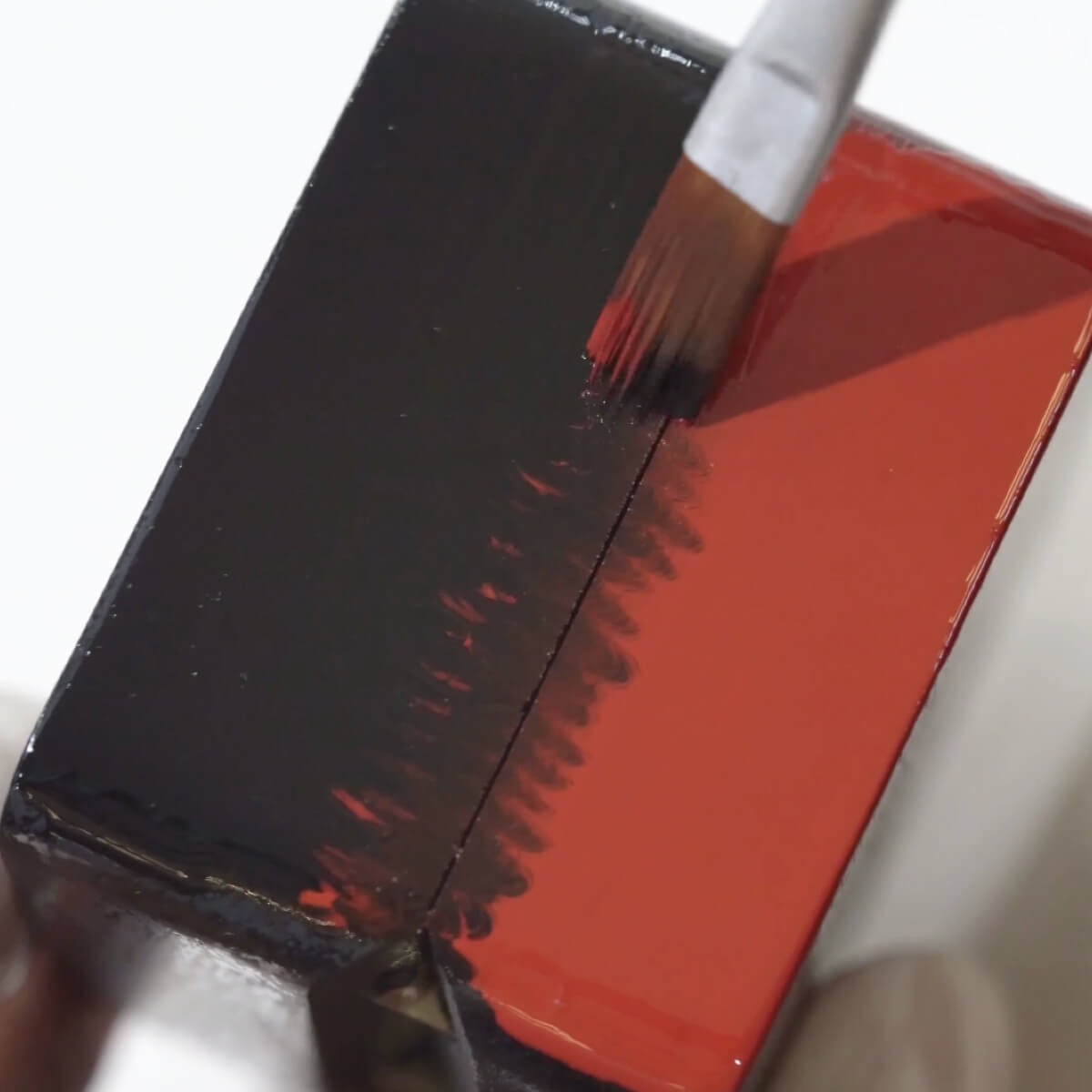
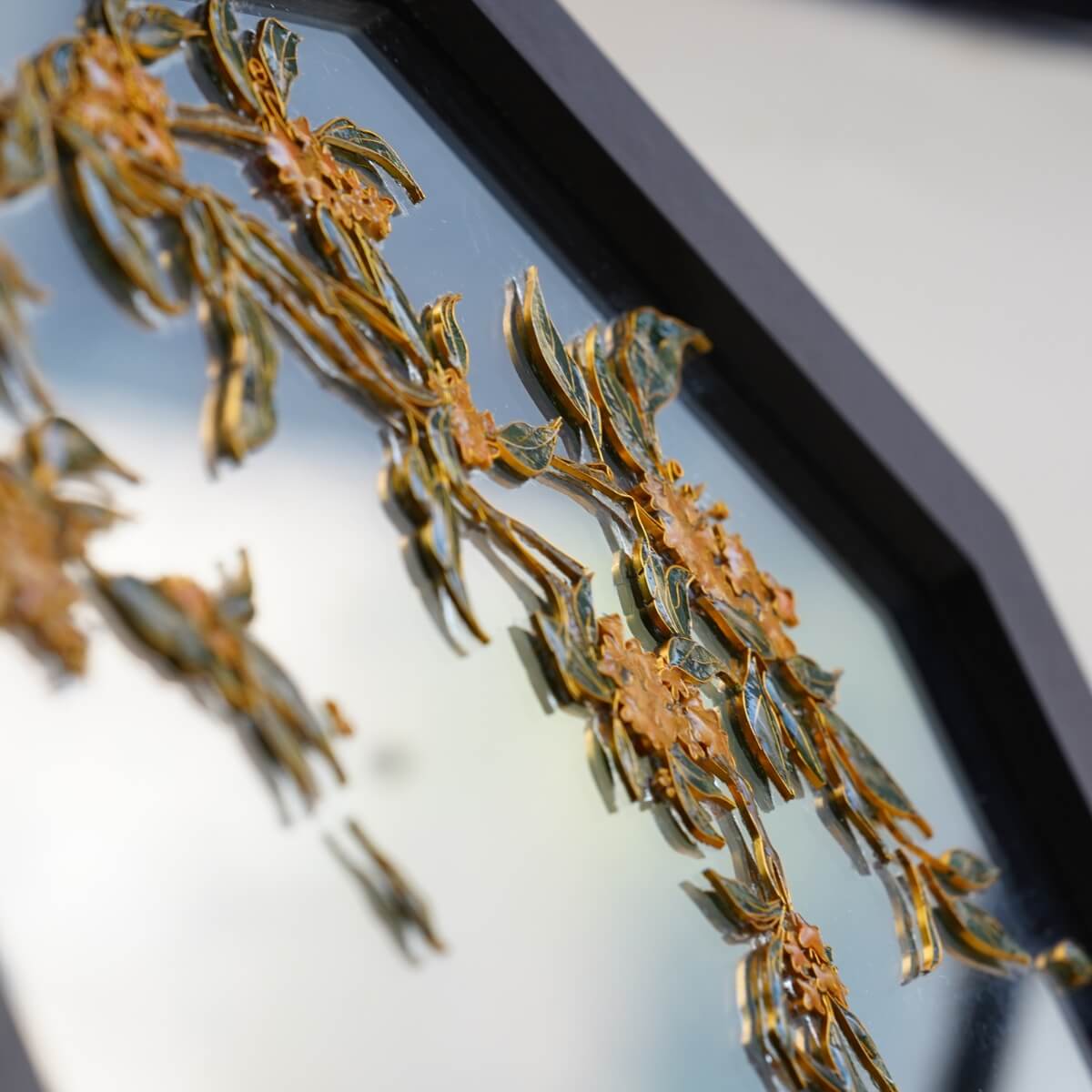

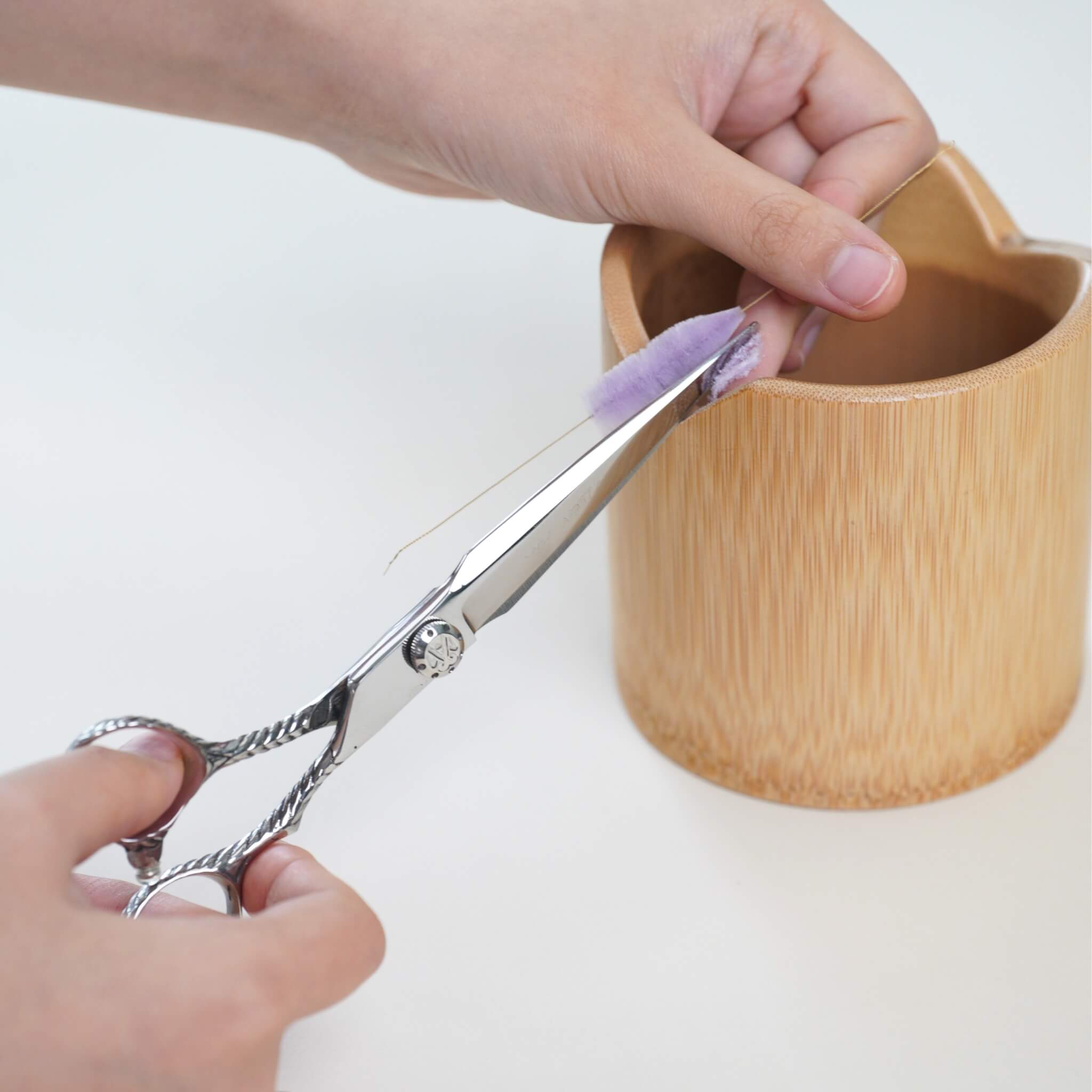
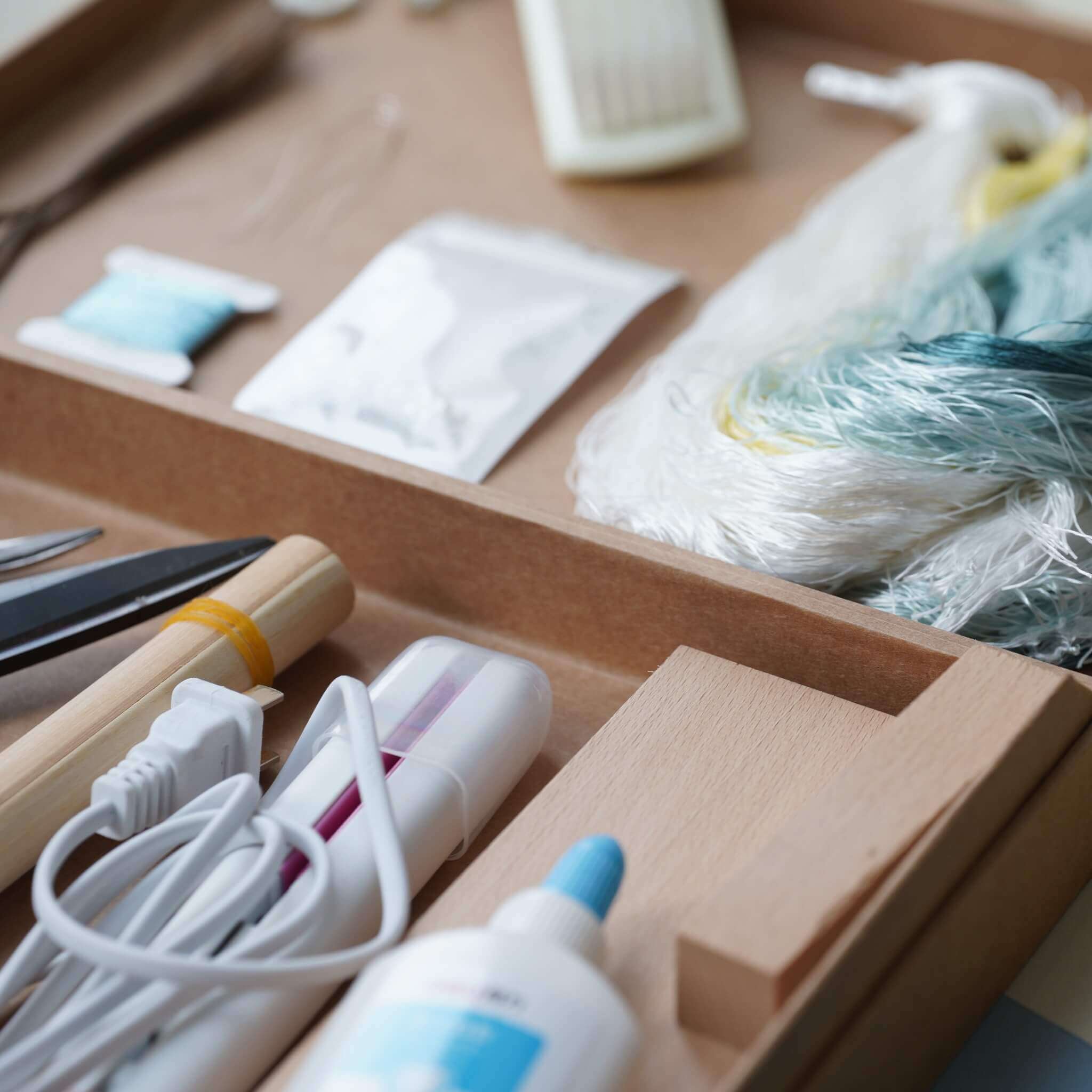
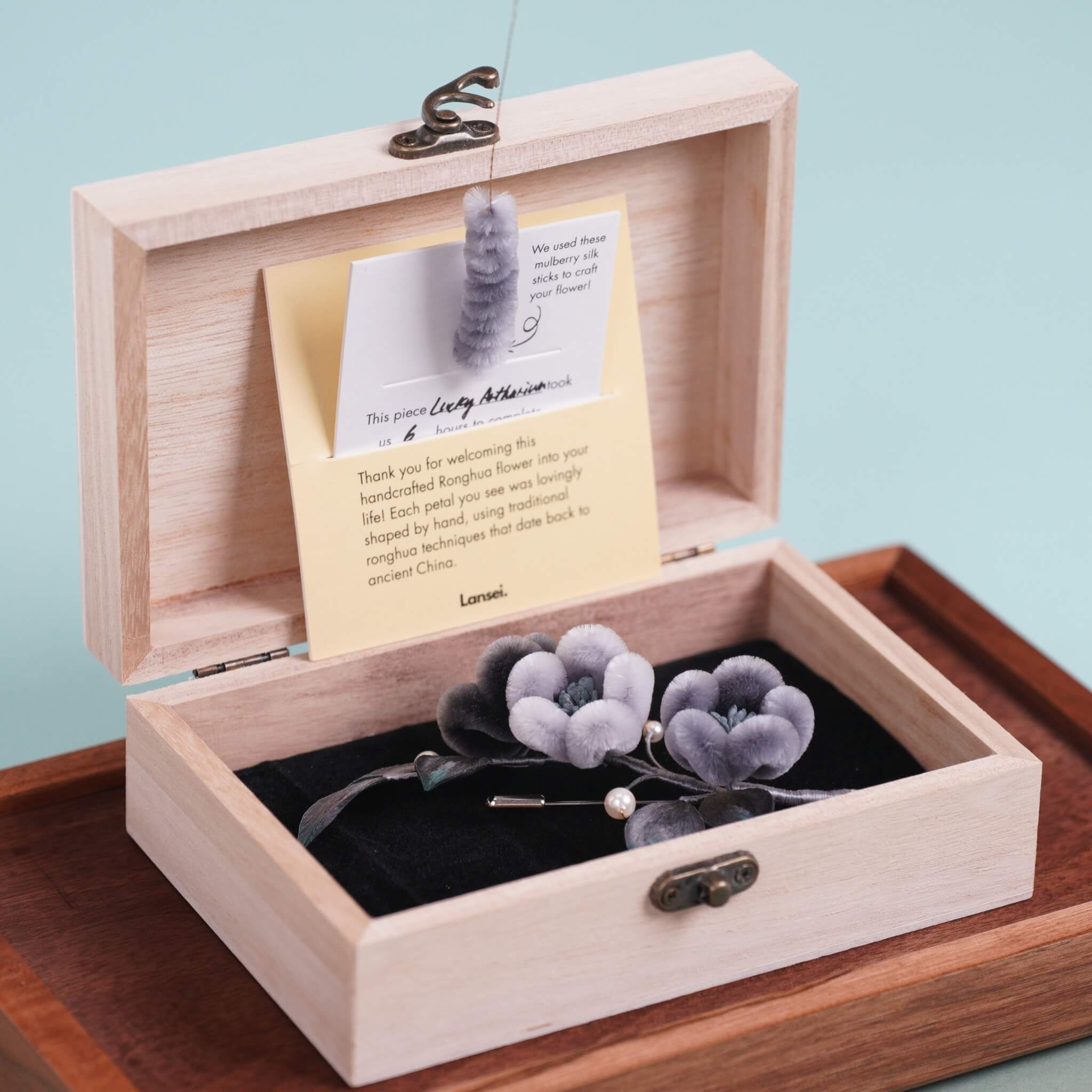
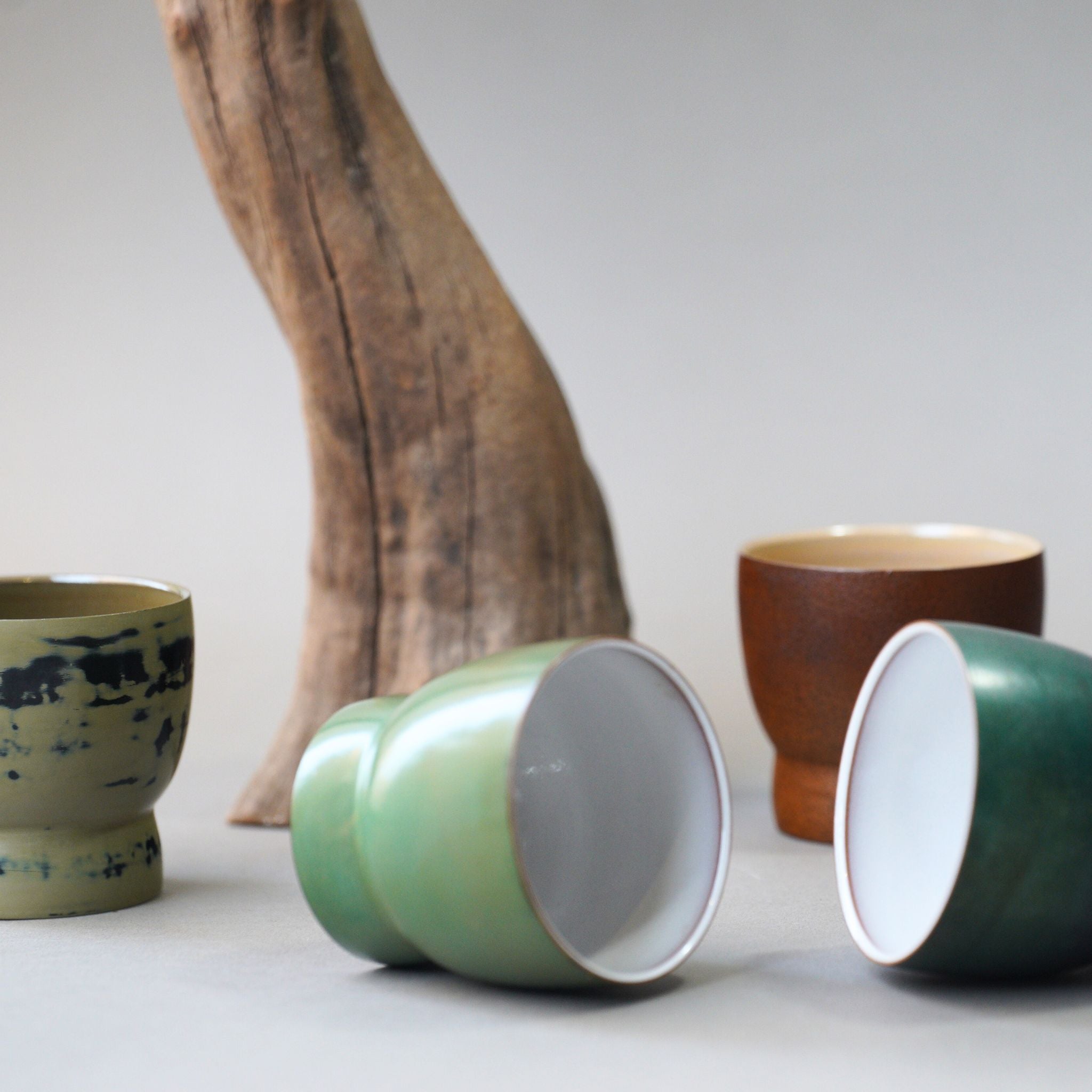
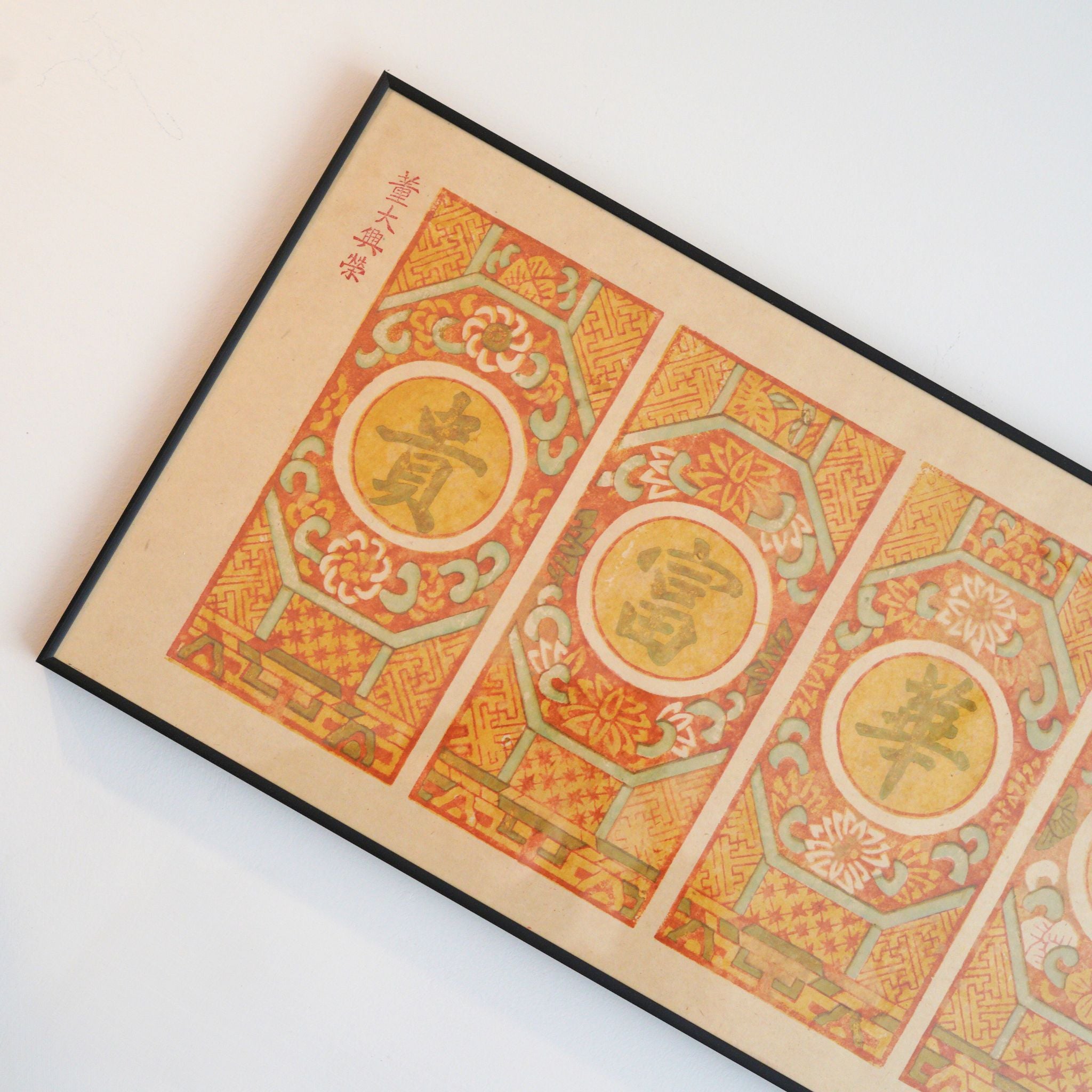
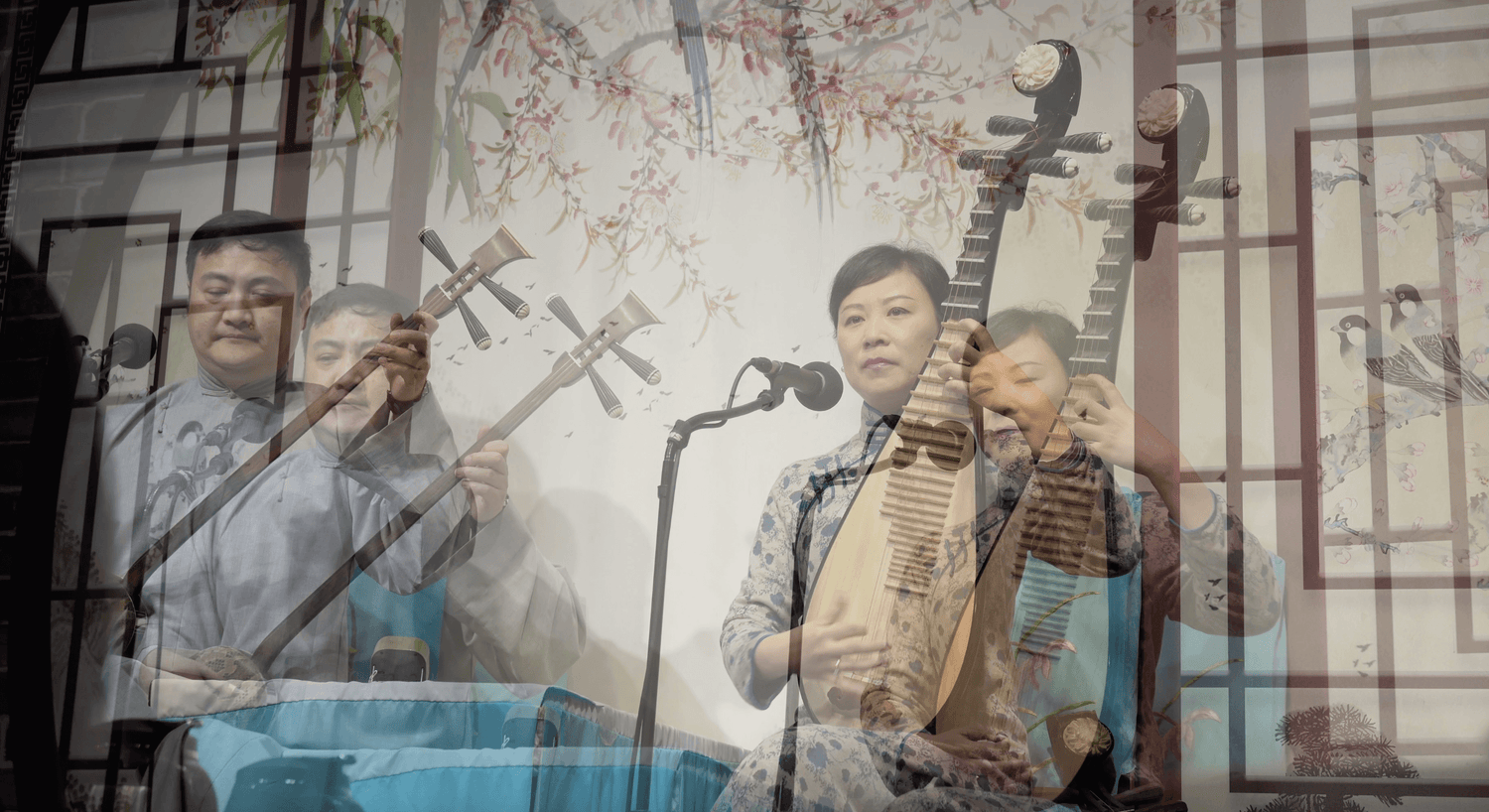
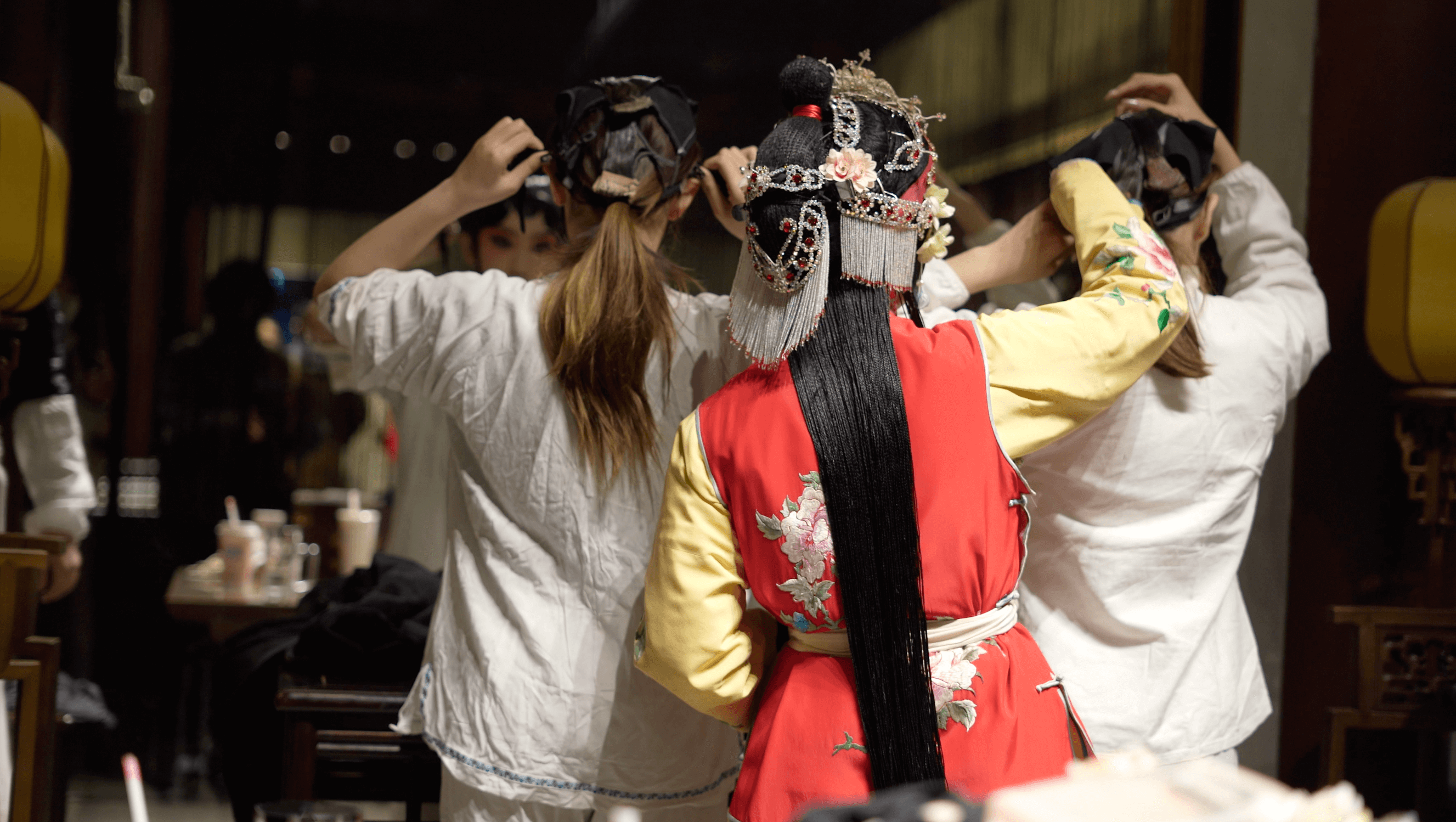
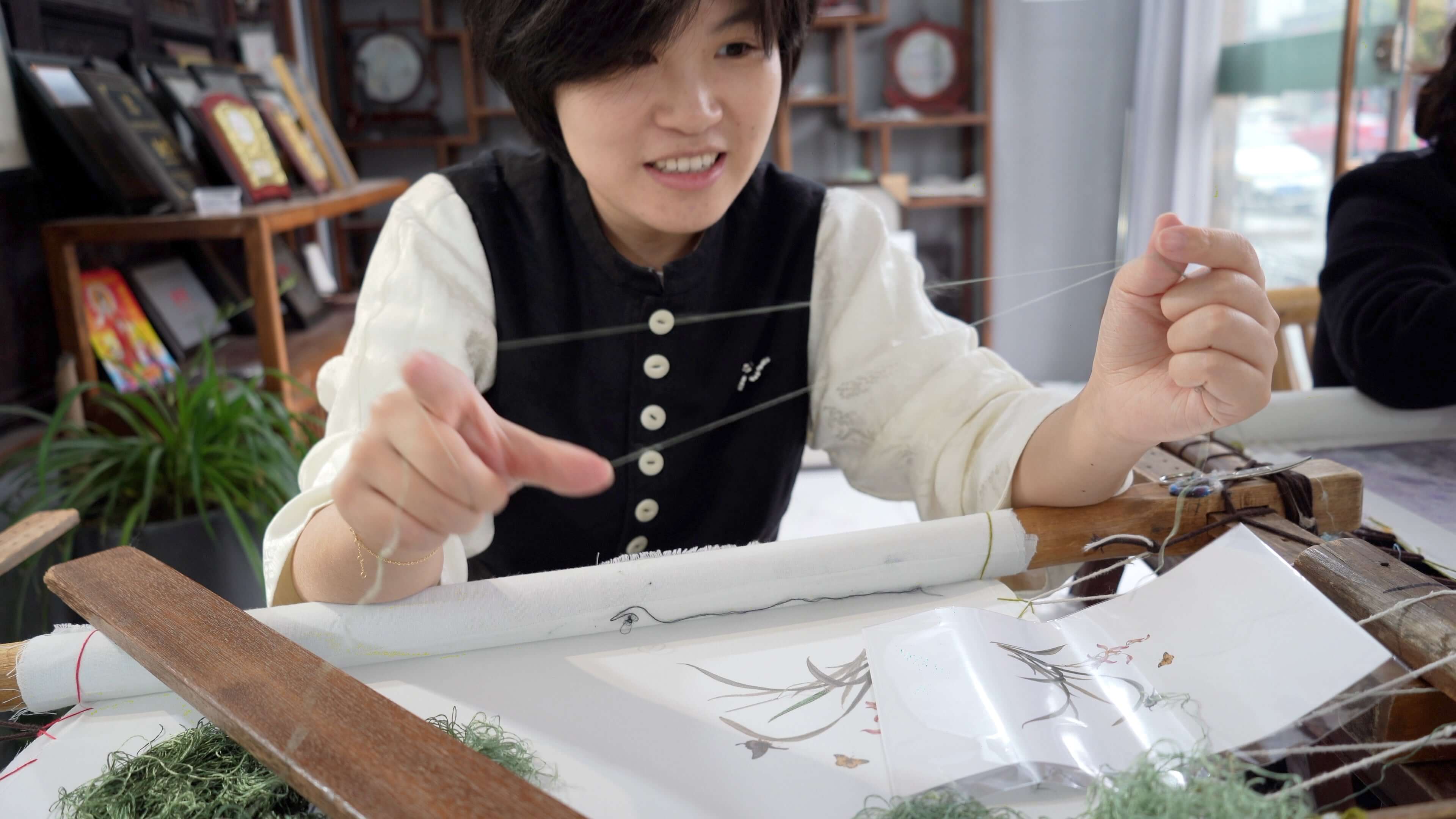
Leave a comment
All comments are moderated before being published.
This site is protected by hCaptcha and the hCaptcha Privacy Policy and Terms of Service apply.